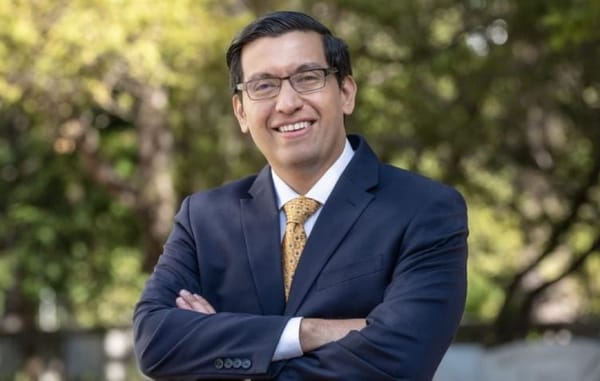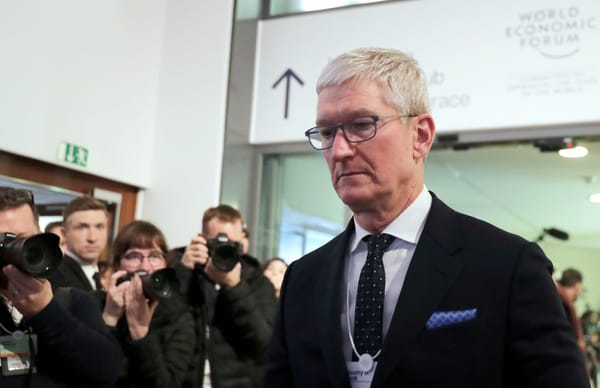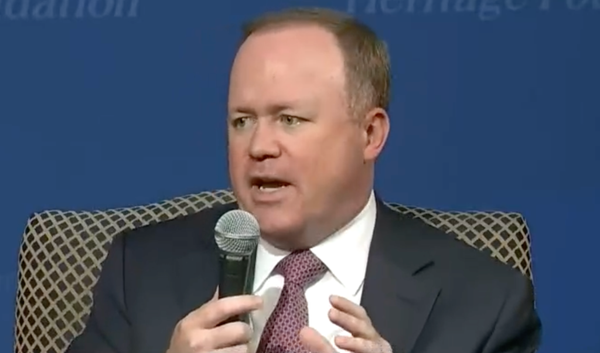FCC Funding for Cybersecurity, New AI Company, FCC Proposal on Cell Phone Scams
The proposal is an investment of $200 million over three years for cybersecurity.
Quinn Nghiem

July 13, 2023 – The head of the Federal Communications Commission put out Wednesday a proposal to launch a pilot program to protect schools against cyber attacks.
“We’re proposing a significant investment of up to $200 million over three years to harden the cyber defenses and determine the most effective methods to protect our schools and libraries,” said Rosenworcel in a speech before the School Superintendents Association and the Association of School Business officers.
“Our pilot program will work in tandem with federal agency partners that have deep expertise in this area,” she said.
The program would be established under the Universal Service Fund but separate from the E-Rate program, which supports internet connections in schools and libraries. This ensures potential gains from enhanced cybersecurity wouldn’t undermine E-Rate’s efforts in promoting digital equity, read the document.
Former FCC nominee Gigi Sohn along with other associations have previously urged the FCC to expand the E-Rate program to address school’s cybersecurity needs.
The proposal is part of her “Learn Without Limits” initiative – announced in June for a future commission vote – to extend the E-Rate program to provide Wi-Fi support on school buses. The second phase of the initiative would further allow E-Rate funding to support the leasing of Wi-Fi hotspots to students “in the same ways they check out learning materials,” according to the notice.
Musk launches new AI company
Twitter owner and billionaire entrepreneur Elon Musk launched a new artificial intelligence company called xAI on Wednesday.
Musk tweeted Wednesday that the company is intended “to understand reality.” The company’s website also declared its goal to “understand the nature of the universe.” The current team includes members previously working at ChatGPT owner OpenAI, Google’s Deep Mind, and Microsoft Research, among others.
During a Twitter space livestream after the announcement on Wednesday with Reps. Ro Khanna, D-CA, and Mike Gallagher, R-Wisconsin, Musk shared his intention to “grow an AI in a good way” that is “maximally curious and truth-seeking.
“A maximally curious AI, one that is trying to understand the universe, is going to be pro-humanity,” claimed Musk, who previously had warned against AI dangers to society and called for a six-month pause on artificial intelligence experiments in March.
Musk reportedly incorporated xAI in Nevada back in March, per the Wall Street Journal. He also co-founded OpenAI in 2015 but stepped down in 2018.
FCC’s proposed rules against cell phone scams
The FCC’s Privacy and Data Protection Task Force announced Tuesday a proposal for new rules to protect customers against cell phone scams.
If adopted, these rules would require wireless providers to authenticate a customer before assigning the phone number to a new device or provider. Providers would also need to immediately notify and take additional steps to protect customers from SIM swap and port-out fraud, which involves stealing consumers’ cell phone accounts without taking physical possession of the phone.
“These updated rules will help protect consumers from ugly new frauds while maintaining their well-established freedom to pick their preferred device and provider,” said Rosenworcel in a notice.
This is the latest in a string of efforts by the FCC to combat mobile frauds such as robocalls and robotexts.









Member discussion